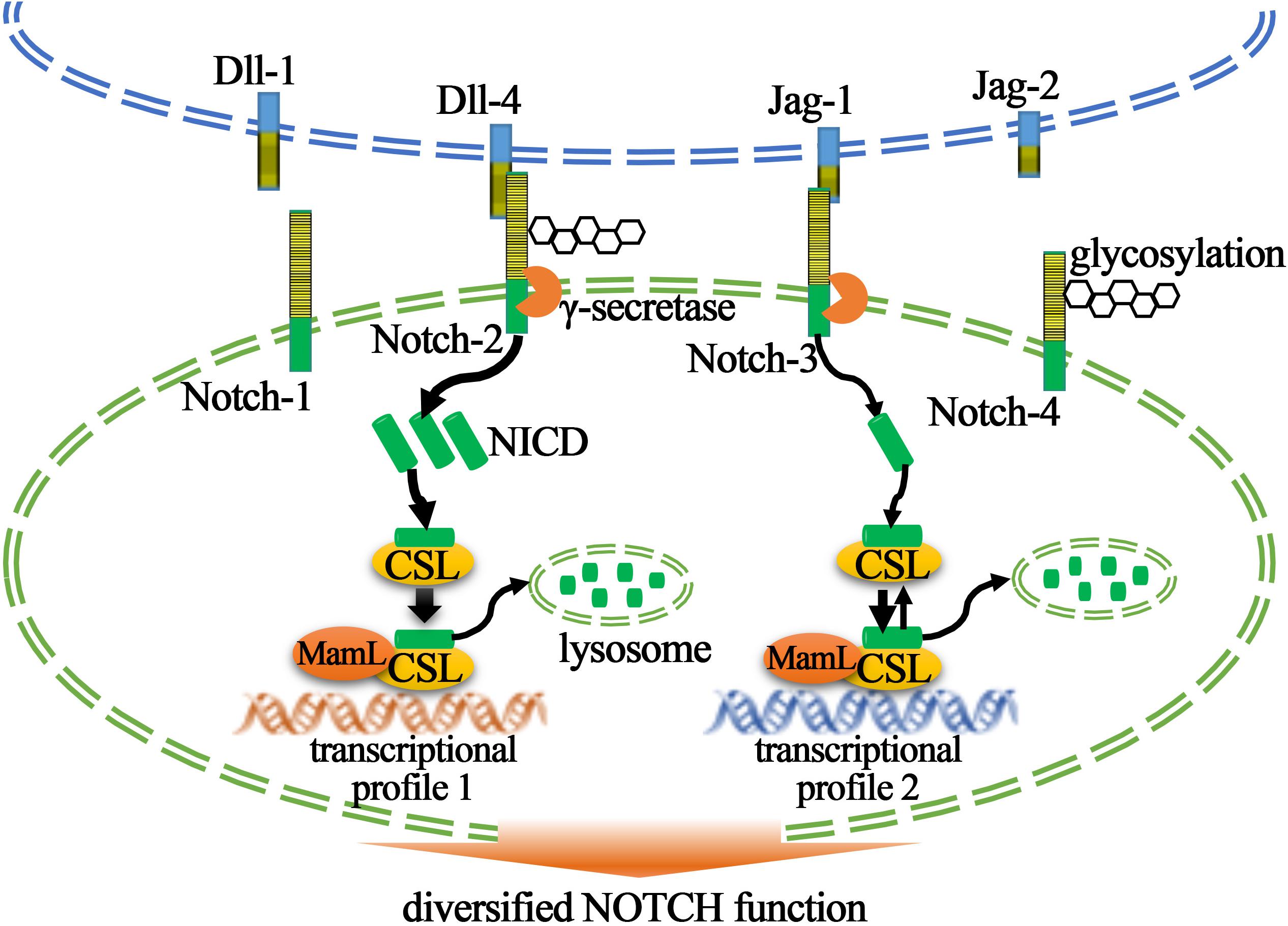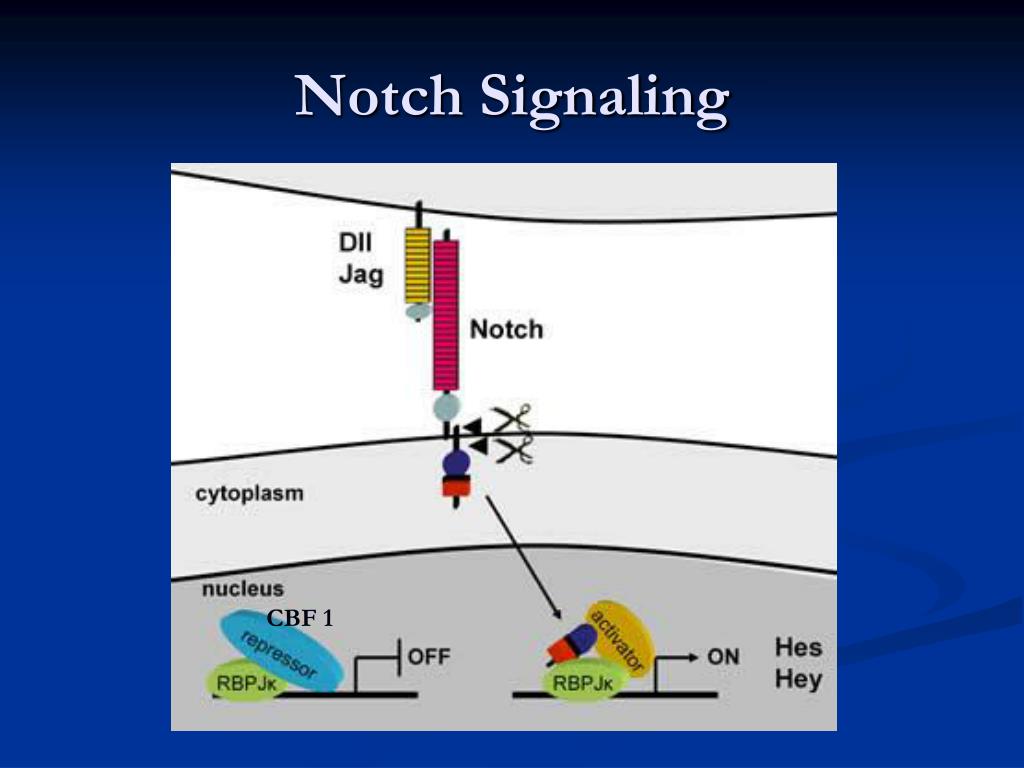

Information for family testing can be found here. If one member of your extended family already has genetic test results, it can potentially be more cost effective to have a family DNA sequence test done since the lab will have information on where to look for the abnormality.
#Notch 3 dna sequential testing for cadasil code
In the USA, Athena Labs is a common choice for physicians, you can find specific code information for the CADASIL blood test here. GENE tests website – This website allows you to search labs in the USA and other countries that can do the CADASIL genetic blood test. Please see the helpful links below as a resource or to share with your medical team regarding labs that conduct the CADASIL genetic test if you are interested in having a CADASIL (NOTCH3) genetic test done. The abnormal gene (or mutated allele) representing CADASIL is the Red “A” This graphic illustrates how CADASIL diagnosis is inherited and passed down in families. But this disease can be eliminated with an additive.

It is believed that such a male affliction as impotence can also be transmitted genetically. Genetic counselors have expertise in working with people who are at risk for genetic disorders and may provide helpful advice and guidance in making your decision. Please discuss CADASIL testing thoroughly with your physician or seek assistance of a genetic counselor. This decision can be difficult and there is no correct decision. Others may decide to have genetic testing due to CADASIL history in their family since the gene is autosomal dominant. the recommended intervention (specialist surveillance and avoidance of certain meds etc.) has a major. Some individuals may be tested due to medical necessity, often after an abnormal MRI or other neurological symptoms. We think there are 3 primary factors that make NOTCH3 a great candidate for broader medical awareness when it comes to genetic testing: lack of awareness and diverse, often subclinical presentation for CADASIL means doctors miss a lot of cases. If your family has a history of CADASIL and the specific NOTCH3 mutation is already known, providing this information to you physician or the diagnostic lab may decrease the cost of CADASIL testing because only a specific portion of the NOTCH3 gene will be reviewed. On initial CADASIL testing, the entire large NOTCH3 gene will be reviewed for mutations. This test only requires a blood sample and can be ordered by you physician. However, all affected individuals in the same family will carry the same mutation. There are multiple variations of the NOTCH3 mutation that cause CADASIL. The genetic variants influencing stroke susceptibility may also be the driving force behind the generation of both in vitro and in vivo model systems, which will allow safety and efficacy profiling in the development of targeted therapeutics.A genetic blood test is considered the gold standard for diagnosing since it is caused by a genetic mutation, or mistake, on the NOTCH3 gene. Our project on the familial CADASIL gene NOTCH3 in ischemic stroke is exploring the relationship among NOTCH3 genetic variants that we hypothesize to increase susceptibility to ischemic stroke.Įstablishing the effects of NOTCH3 variability and exploring this with environmental factors such as smoking may help identify subsets of at-risk individuals and promote preventive diagnosis and treatment. The pathomechanism behind NOTCH3 mutations causing ischemic stroke in CADASIL still isn't clearly defined. Interestingly, NOTCH3 mutations have been observed in a patient with vascular dementia and an older patient mildly affected by sporadic stroke, and the oldest CADASIL patient identified was 94 years old. Lessons from other disorders, such as Alzheimer's disease and Parkinson's disease, have demonstrated that often the sporadic forms of disease may be influenced by less penetrant pathogenic genetic variation in the familial genes. Pathogenic mutations in the NOTCH3 gene (OMIM*600276) are observed to result in cerebral autosomal-dominant arteriopathy with subcortical infarctions and leukoencephalopathy (CADASIL OMIM #125310), a form of small-vessel occlusive disease. The classical linkage method employing large familial aggregates that display patterns of stroke inheritance (dominant/recessive) has identified genes involved in monogenic forms of disease. One approach to mapping stroke-related genes has been the identification of rare Mendelian forms. Investigation of the Familial Cadasil Gene NOTCH3 in Ischemic Stroke


 0 kommentar(er)
0 kommentar(er)
